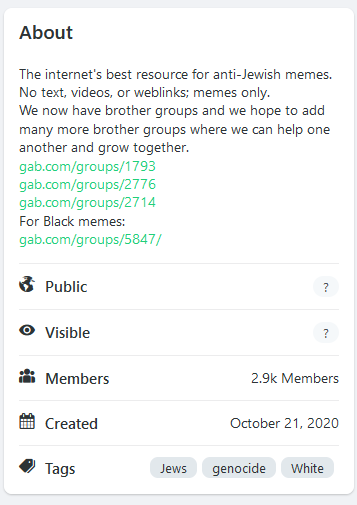New Research 2023: Online Hate and Social Media
A multi-year research initiative is underway that will generate new understandings about the proliferation of online hate—racism, misogyny, anti-immigrant, anti-Semitism, attacks on sexual identity, and ad hominem attacks in political discussions—that is so tragically prevalent on social media today. The work is being led by Prof. Joe Walther (Bertelsen Presidential Chair of Technology and Society) (Director of the Center for Black Studies Research), leading an international group of researchers from several disciplines.
One starting point is a new theory of online hate. It focuses on the use of social media by haters to attract social approval from like-minded others. An initial version of the theory appeared in Current Opinion in Psychology. It proposes that hate mongers’ main motivation for posting antagonistic messages is to attract favorable responses (Likes, comments, friends and followers, signals of admiration and status) from others. They think it’s fun and that it makes them liked and popular, which particular aspects of social media easily foster. This approach helps explain the thousands of followers to Gab's anti-Black and anti-Jewish meme collections (see below), among other things. This approach also explains how virtual reinforcement from others magnifies prejudice, that may propel some participants into physical aggression and violence.

Projects include an international conference on May 11, 2023, at UCSB, on the Social Processes of Online Hate. In cooperation with the Rupe Chair’s Biannual Conference on the Social Effects of Mass Communication, and the Center for Black Studies Research, the conference is open, and features presentations by a number of outstanding, innovative scholars, from anthropology, sociology, computer science, communication, and other approaches to the topic. Details appear on online here.
Upcoming research combines data science and social network analysis to discover how groups of haters organize themselves, choosing victims, planning attacks, piling on, and congratulating themselves.
Another project will analyze postings from Twitter, Gab, Parler, and Stormfront, to assess the degree of violence and disparagement, posters’ attempts to be clever and humorous, as well as suggestions of replacement theory ideology, in over two thousand social media postings sampled using keywords most frequently associated with hate messages that focus on Jews, Blacks, Mexicans, women, LGBTQ+, Asians, and others. Analyses will also assess correlations between these message dimensions and the popularity signals (Likes and Hearts) they accrue.
Joining the projects this year is CITS Visiting Researcher is a Google/YouTube User Experience researcher, Dr. Jennifer Pierre.
Ultimate implications of the work include recommendations to social media platforms on moderation of popularity indicators rather than individual offenders, how blocking and account suspension of offenders by social media platforms may promote rather than inhibit subsequent hate messaging, and how intervention messages and strategies are prone to backfire if they are public (“badges of dishonor”) rather than private.
To find out how to help support this research, please contact Kelly Adams, Senior Director of Development, kelly.adams@ucsb.edu, Phone: 805-893-4968
